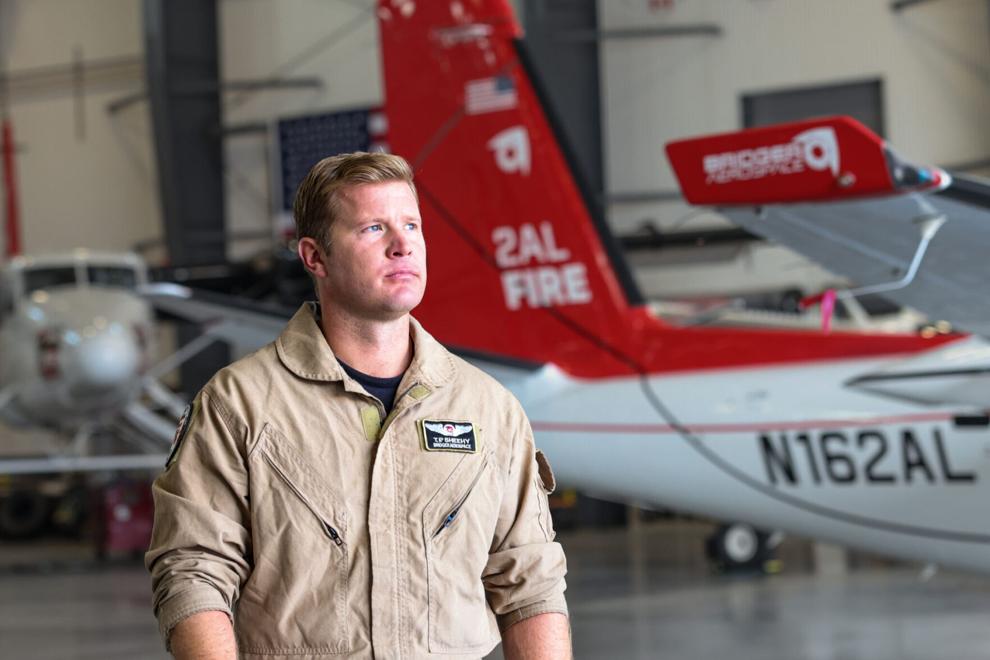Laurenz Busch Chronicle Staff Writer
Jan 13, 2025

As California’s most destructive fires in history continue, newly elected Sen. Tim Sheehy (R-MT) wants bipartisan federal reform to tackle nationwide “year-round” wildfire threats causing billions of dollars in damage.
The co-founder of the Gallatin County-based aerial firefighting company Bridger Aerospace said he wants to mandate response guidelines, promote year-round firefighter employment, and remove what he considers to be burdensome policies that hinder firefighting in moments of crisis.
On Thursday, Sheehy called the Chronicle after leaving Jimmy Carter’s funeral, using the former president’s past bipartisanship as an analogy for doing the same in today’s highly polarized political climate.
A bill showing bipartisan agreement has yet to be introduced but Sheehy said he’s spoken with Sen. Adam Schiff (CA), Sen. Andy Kim (NJ), and Sen. Jackie Rosen (NV), all Democrats, about how to address wildfires in the U.S.
Acknowledging his political differences with those senators, he believes the issue can provide common ground since wildfires are occurring across the U.S., such as in Hawaii and Texas last year.
In recent weeks, wildfires in Los Angeles have leveled entire neighborhoods, at least 24 people have died, and the damage is estimated at up to $150 billion, according to a report from Statista.
Homing in on specifics, Sheehy said reform needs to mandate a federal response method for future fires, like the National Fire Protection Association guidelines for local fire departments to arrive at a fire within 320 seconds.
He also said that wildland firefighters, who tend to get paid around $16 for seasonal work, need to be hired full-time, ready to fight fires year-round while able to live off their earnings.
“It’s time that we bring some common sense,” he said. “Pay people a living wage instead of paying them seasonal wages in July and August, let’s pay them a livable year-round wage they can plan off of and build a family off of.”
Sheehy said change doesn’t have to be partisan. He criticized policies or decisions he believes have decreased access to forested areas, potentially caused hydrants to run dry in California or the nearly $18 million budget cuts to the Los Angeles Fire Department.
“What we’re seeing in LA right now is a tragic culmination of all these bad policies coming together at once,” he said.
Sheehy didn’t mention climate change but a report by the U.S. Environmental Protection Agency from 2024 found that several studies have found that “climate change has already led to an increase in wildfire season length, wildfire frequency and burned area.”
In Los Angeles, beyond issues with response and water availability, strong winds and months of dryness were blamed for the explosive fires
Previously, Sheehy wrote a opinion piece that Elon Musk’s proposed “Department of Government Efficiency” (DOGE) could be useful for reorganizing current wildfire funding to other sources and increasing private partnerships.
Sheehy has experience fighting wildfires, having flown water-bombing planes and co-founding the aerial firefighting company, Bridger Aerospace, which received a $160 conduit bond through Gallatin County.
The company works with federal and state agencies and confirmed on Monday it sent a “Super Scooper” aircraft to California to assist in the Los Angeles firefighting efforts.
Although Sheehy said DOGE “doesn’t really have any constitutional authority,” he believes it’ll be useful for providing new ideas to Congress from a business management perspective.
“They’re going to be a source of good ideas, plans, concepts but ultimately they can’t do anything,” he said.
“More money doesn’t mean more impact, and the need for more impact doesn’t also necessarily need more money,” Sheehy said. “Here are ways we do things better. Here are ways we do things cheaper. Here are ways we get a better impact for the American people out of these policies and then implement on the back of those.”
